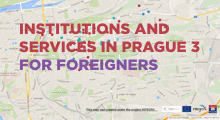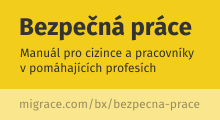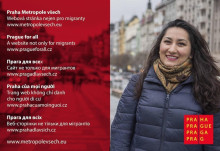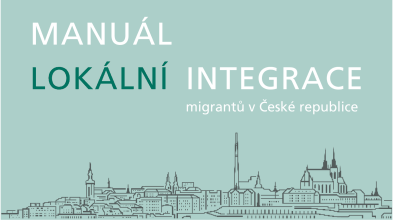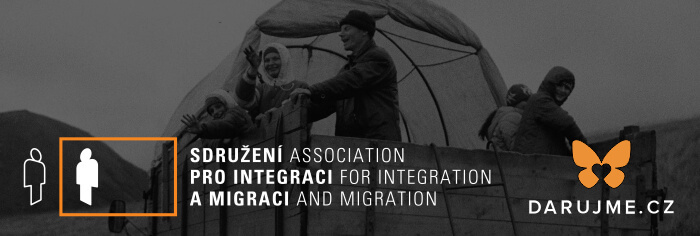Experience from the UK: Forced labour exists, you just have to open your eyes to see it.
Marie Jelínková
Forced labour, exploitation, and highly unsuitable working conditions are among those issues which the developed countries often want to believe have noting to do with them. If somebody does not focus on this topic, no one will realize that these problems exist. In 2007 the United Kingdom celebrated the bicentenary of abolition of slavery, some experts said that even though slavery is banned, it's modern form exists in the UK (as well as in other countries) on a massive scale. Nevertheless, thanks to the support and initiatives of the Joseph Rowntree Foundation in the UK a number of case studies dedicated to the issue of modern slavery have been carried out.
Translated Abstracts of British Studies on forced labour will be available on Migraceonline.cz. For the English version click here.
However, the JRF's study does not only focus on specific cases, but it also systematically inspect the job sectors where forced labour is more frequent. Furthermore there are also described individual cases which help us to characterise and understand forced labour in the modern world. Finally, the study suggests changes in legislation or its application.
These studies reveal a hidden but serious problem that persists in our society. After documenting hundreds of cases, there is no doubt that this is NOT just an exceptional situation, but a phenomenon that is not easy to get rid off. The experience of different countries, interpretations and application of legislation allow the fight against forced labour to continue effectively. Recent reports show that even though the UK has difficulty eliminating forced labour, it seems that at least the first few basic steps such as mapping it's scope and content, and making some suggestions for possible solutions are already completed. When the real extent and types of forced labour in a developed country like the UK is revealed it is definitely worrying. Unfortunately, cases of labour exploitation of migrants are not unusual in the Czech Republic but the number of cases revealed is less than one hundred. The above-mentioned experience in the UK shows that the size, structure and forms of forced labour cannot be detected without a target mapping and investigation into problematic areas of employment and in particular foreigners.
Particular cases of the exploitation of migrants in the Czech republic are being investigated by various non-governmental organizations. Firstly an organisation know as LaStrada has notably contributed to the understanding of forced labour in the Czech republic, secondly the Association for Integration and Migration (AIM) focuses on safety and decent working conditions in a project called, “Foreign workers on the labour market”. However, the systematic mapping and individual case investigation is still missing in the Czech Republic, so there is no doubt that we are at the beginning of the discovery of the extent of forced labour. On the other hand these investigations may help to change the interpretation and application of the Czech legislation, so on the next anniversary of the abolition of slavery, we do not have to say that in our country forced labour exists?!
Representatives of the Czech non-profit sector, including the AIM lawyer Pavla Hradečná, will soon extract the UK experience during the May internship with a partner organization Anti-Slavery International in London, where they will meet, among other representatives of local trade unions and NGOs campaigning for equal rights and work conditions in Great Britain. A report of the meeting will be available on the AIM website, section called Labour migration.


